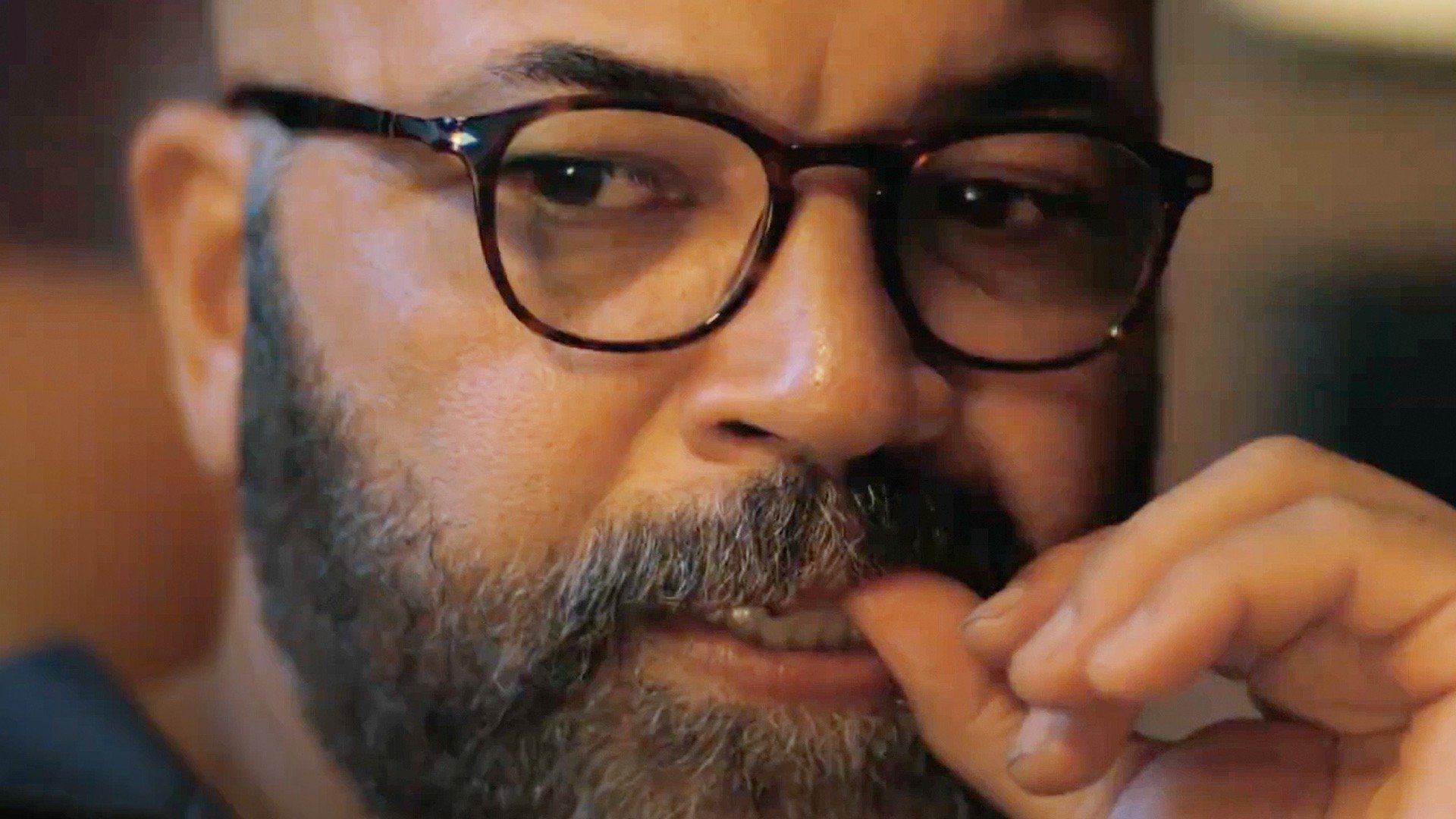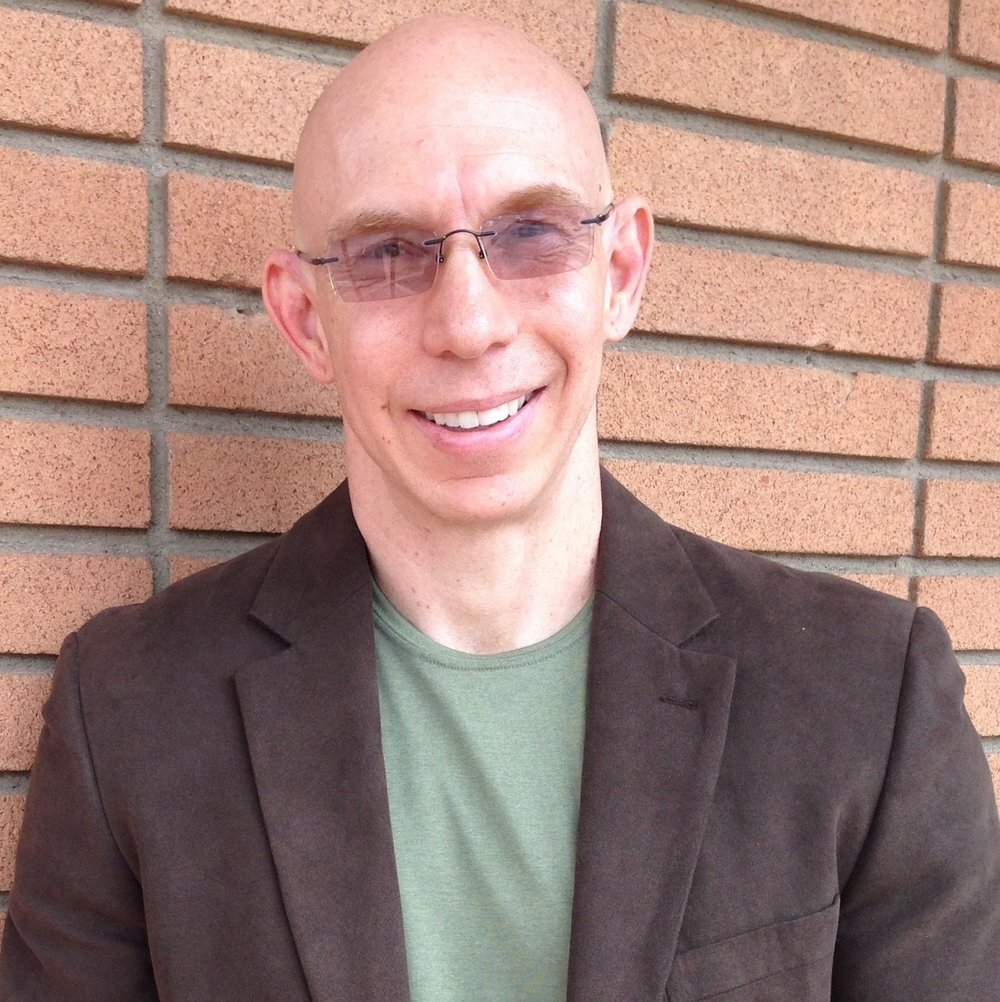Cord Jefferson wrote and directed “American Fiction”, his first feature movie, and it won the 2023 Toronto International Film Festival People’s Choice Award. What a debut! In “American Fiction”, Jeffrey Wright stars as Thelonious ‘Monk’ Ellison, an author who is weary of current mass media, so he writes a book out of sarcasm, and it catches fire.
Rotten Tomatoes Awards Editor Jacqueline Coley recently hosted a virtual press conference with Cord, and the Phoenix Film Festival and other outlets, journalists, and critics joined the engaging discussion. Jacqueline took questions from the online audience, but the Phoenix Film Festival’s inquiries weren’t chosen. Still, here is a partial transcript from the talk, as Cord chats about his inspiration to write and direct his first film and connecting with Jeffrey to star in it.
“American Fiction” arrives in select theatres on Dec. 15 and expands on Dec. 22, 2023.
Q: Talk about how you came across the book “Erasure” by Percival Everett and why you wanted to adapt it as your first feature.
CJ: I first heard about the novel, reading a review for a different book, “Interior Chinatown”, in December 2020. In the review, it said this novel has a satire reminiscent of Percival Everett’s “Erasure”. So, I bought it and devoured it over Christmas break, and within 20 pages, I knew I wanted to adapt the screenplay. Within 50 pages, I was already reading the character of Monk in Jeffrey Wright’s voice.
By the time I was done, I knew that I wanted to direct it. There were so many overlaps with my personal life and things I’d been thinking about for literally decades.
Q: How did you get Jeffrey to say, “Yes,” (to the film)?
CJ: As soon as we got the script done, I told everybody (that) I really wanted Jeffrey. Everybody agreed immediately. He’s perfect. We sent it to him right away, and very thankfully, he met with me, and we talked about it for a few hours. Then we went away and met again a couple of weeks later, and he signed on.
There are a lot of actors of his caliber (who) would look at first-time directors and say, “I don’t think so. I don’t want to risk it, but thanks for asking, kid.”
But he leapt aboard, and everything got easier. We got more money for the film. Other actors became more interested because they wanted to work with Jeffrey. He was just incredibly gracious and collaborative from the get-go. He’s an amazing, amazing man, and I will be forever indebted to him.
Q: Is there anything from that initial conversation that solidified (in your mind that he was perfect for the role)?
CJ: The first thing he said when he sat down was (that he didn’t) want this movie to feel like it’s scolding or condemning anybody. That’s the exact perfect thing to say because that was exactly what I had in mind also. I don’t want this movie to feel like it’s a lecture, like people are coming in (to the theatres), and we’re telling them (that) there’s a right way to be Black. There’s a wrong way to be Black. There’s a right way to think about these issues, (and) a wrong way to think about these issues.
All we wanted to do was make a movie that sort of addressed these issues but also had a ton of levity, a ton of humor, and a real emotional heart to the whole thing. We wanted people to leave the theatre smiling and laughing with friends and family. So, as soon as he talked about that, I knew (he was) the guy.
Q: How much of the audience was in your mind as you (set) up (and created) uncomfortable humor?
CJ: I didn’t make anything with an audience necessarily in mind. When you start to do that, you start to second-guess yourself, and you start to think, “Well, maybe this group of people won’t like this, or maybe this audience won’t like (that).”
For me, it was a strategic balance. I wanted the movie to be satire. “Erasure” is a wonderful satirical novel, so I knew that it was going to be a large part of the story. (However,) to make sure that the film didn’t collapse under the weight of the satire, (Monk’s) emotional core, the family stuff, (and his) relationships with his siblings and mother help ground the story emotionally.
(These ideas) help balance each other out. So, it’s never too sweet; it’s never too bitter. The story doesn’t feel too saccharine, collapsing under the weight of the drama, or collapsing under the weight of the comedy.
When we (did) test screenings, we would sometimes ask, “What do you think this movie is, a comedy, drama, or dramedy?”
And we’d get different answers every time.
Q: How was it directing Jeffrey, who is celebrated so much for his dramatic on-screen presence, in a comedic role?
CJ: A great actor is a great actor. If they are given an opportunity to be funny, you’re going to see a lot of great dramatic actors (in comedies). Robert De Niro. Everybody thought of (him) as a premier dramatic mob actor, and then all of a sudden, he’s in “Meet the Parents”, and everybody is dying laughing. Think of Gene Hackman in “Young Frankenstein”, one of my father’s favorite movies.
One of the things that I think makes Jeffrey shine (in “American Fiction”) is that people don’t expect to see him in this kind of role. People (will) be pleasantly surprised when they see how funny he is.












